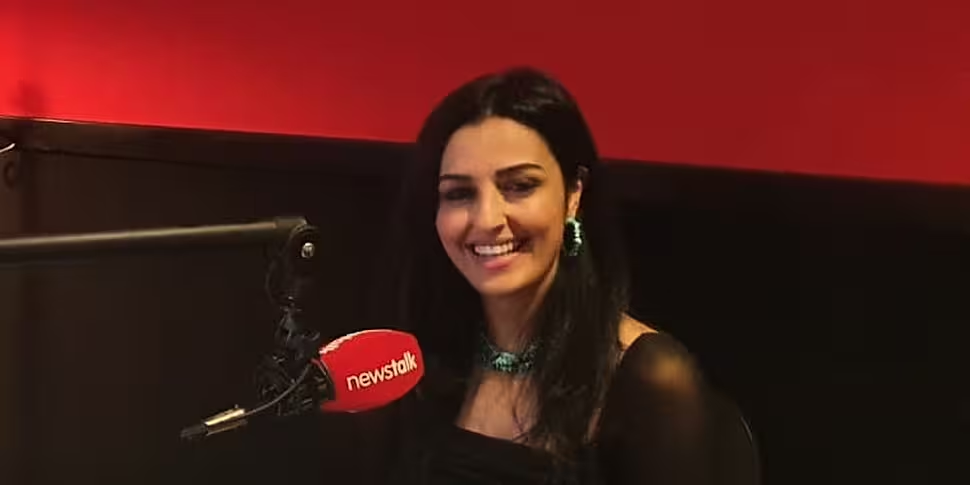Irish-Syrian journalist Razan Ibraheem says she started her life 'from zero' when she arrived in Ireland.
Born in Latakia near the Turkish border, she was teaching in Syria when she applied for an Irish student visa in 2011.
She then got a degree from the University of Limerick in English, Irish and American literature - and is now a senior analyst at media firm Kinzen.
Razan told The Hard Shoulder she learned about Irish history and culture when she went to college.
"Irish literature stands out, I loved it and I loved reading the theatre novels, poetry, all of that resonated in me so much.
"And through literature I knew a lot about Irish history, which I'm super-proud of, and also Irish culture.
"My final project at university was Samuel Beckett 'Waiting for Godot'".
Razan says her life started again when she got here.
"When I became a refugee in Ireland, one of the biggest missions was to break these stereotypical pictures that refugees are here to get our jobs and to stay on social welfare.
"When I applied for refugee status I had zero money in my pocket... but my mission was I don't want to be on social welfare, I want to work."
Razan then had an array of jobs - including kitchen cleaner, porter, waitress and translator.
"I grew very slowly, I started my life in Ireland from zero, I was 32".
'They raised us with no religion'
She says her childhood in Syria was a very normal one.
"It's such a diverse city, I was able to live my childhood as a full - as a complete, complete crazy child tomboy.
"I would disappear from the house from 8.00 in the morning, come back around 8.00 evening time.
"If my parents would like to look for me or search for me, they will find my on top of the trees: living there, eating there and as well inviting friends there".
She says she was raised as atheist, and people are sometimes surprised to hear that.
"They raised us with no religion - so I grew up with Islamic cultures, Christian culture and other cultures, but not as a religion itself.
"It's not only me, there are many Syrian families like that.
"We would celebrate Ramadan, then Eid al-Fitr, Eid al-Adha, then we prepare our clothes for Christmas, then Halloween, then we could do Easter.
"So it's a mix of everything, so this actually taught me, my family and even the people around me to be tolerant [and] understanding.
"Although I don't believe in other religions, I respect people's beliefs and people's practices - and I sometimes do these practices in a way of celebration and I truly enjoy them".
'Who am I?'
Razan says some of the biggest questions she was asked when she arrived here were around religion.
"When I arrived to Ireland, and travelling around Europe, the question I was asked by random people in the pub or by a taxi driver - they would tell me - 'Oh you are from Syria so are you Muslim? Are you Christian? Are you Jew? Who are you?'
"And this is where, actually, I started to think about myself: Yes, who I am?
"And this is when I started to try to discover too what is my identity?
"But honestly, after a long time of thought, I think that my identity is my job - the thing that I am passionate about.
"Although, just to mention, that I am proud of my identity as a Syrian, as an Arab, as a Muslim and Christian culture - and even as well super-proud of my identity as an Irish".
And she says the impact of the Syrian conflict was far-reaching.
"It was an extremely tough time for every Syrian to see our country going for a non-future, and going for a road that no one expected.
"It started as peaceful protests at that time, but thing escalated very quickly to a really dangerous path that affected Syrians, the country itself, the history, the heritage and also the whole world.
"The impact of Syria was not limited to Syrians, the impact was way broader than that - it reached Europe, it reached the US, with refugee as well movement to the north".









